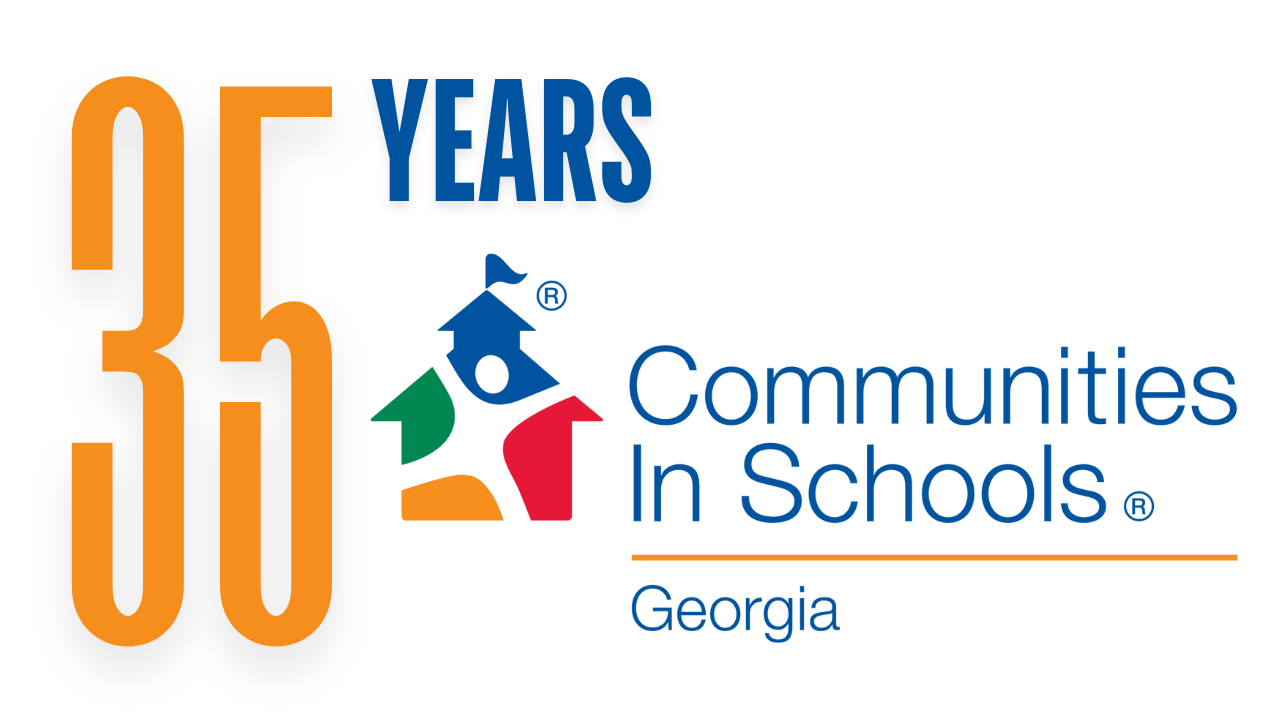April is here and all elementary and middle schools scurry to ensure the great work of the classrooms can be shown to have sunk in for Georgia’s 776,000 3rd-8th grade students. Our teachers, the state’s hardest workers, hold the most challenging and rewarding jobs and now extend themselves even more. They want to be sure their students prove the lessons, discussions, mini-tests and questions and answers show better academic skills –as measured on Georgia’s Criterion Referenced and Competency Test (CRCT).
But our teachers’ herculean efforts alone cannot prove success. Since the majority of our state’s kids, more than one million of 1.7 million, come from families receiving subsidized meals, a vast array of other types of support is needed. School success depends on students having family value and financial support systems as a base for our teachers to build upon. When that’s not there, even the best teachers and the hardest work cannot do all it takes for great test score progress.
The public, including every concerned citizen, has opportunities and responsibilities that make a big difference for school success beyond (happily!) paying our taxes. All kids need support and some need more than others. A disproportionately high number of kids from the lower one-third income strata frequently face an array of barriers including crime, violence, hunger, unattended medical problems, stress, loneliness, and abuse that drives the imaginations away from learning. At Communities In Schools we say children need to get turned onto living before they’ll turn on to learning. Not because they do not want to learn, but because the other forces in life overcome them.
On the plus side, Georgia is rich in people from service organizations like Jr. Achievement, Boys and Girls Club, 100 Black Men and Women groups, 4-H Clubs and faith organizations whose work can be aligned with our schools’ instructional plans; to overcome the many barriers diverting kids away from learning.
Where do you fit in? All citizens can choose to support children as mentors, assisting in important school programs, field trips, taking students to a company to see how business really works and why learning skills are so vital. There’s no limit to the positive impact a caring adult can make in the life of a child.
Here’s how to get an “A” on your test while helping students succeed on their’s: Go to school! Or … go to your favorite organization whose job is helping kids grow and change. Find out how to back up teachers, support parents or connect with a student. Be that direct link that helps learning and purpose within our children for success in the classroom and beyond.
Further, April 21-27 is National Volunteer Week. Many organizations, like Communities In Schools, need volunteers to support important work with children. Call your favorite group and help make a positive impact in a child’s life.
Neil Shorthouse is president of Communities In Schools of Georgia. Communities In Schools organizes community resources to increase student and school success.
